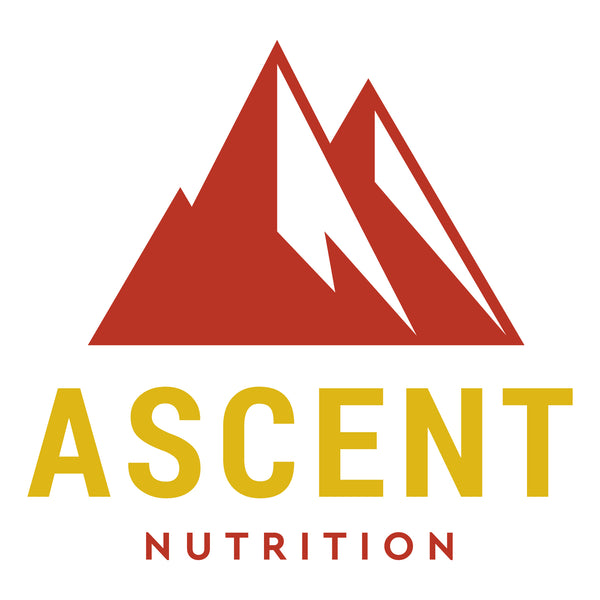In our ever-evolving quest for natural remedies and well-being, an ancient elixir continues to capture the attention of health enthusiasts around the world: pine needle tea.
This captivating brew, crafted from the fresh or dried needles of various pine tree species, has been embraced by indigenous cultures for centuries, revered for its potential health-supportive properties.
Believed to be a natural treasure trove of beneficial compounds, pine needle tea has gained a dedicated following among those seeking to benefit from the power of nature's bounty.
From promoting respiratory health and immune function to supporting overall well-being, read on as we delve into some interesting pine needle tea benefits and applications.
We will also share how it compares to pine needle extract and the best way to experience the health-supportive benefits of pine needles.

